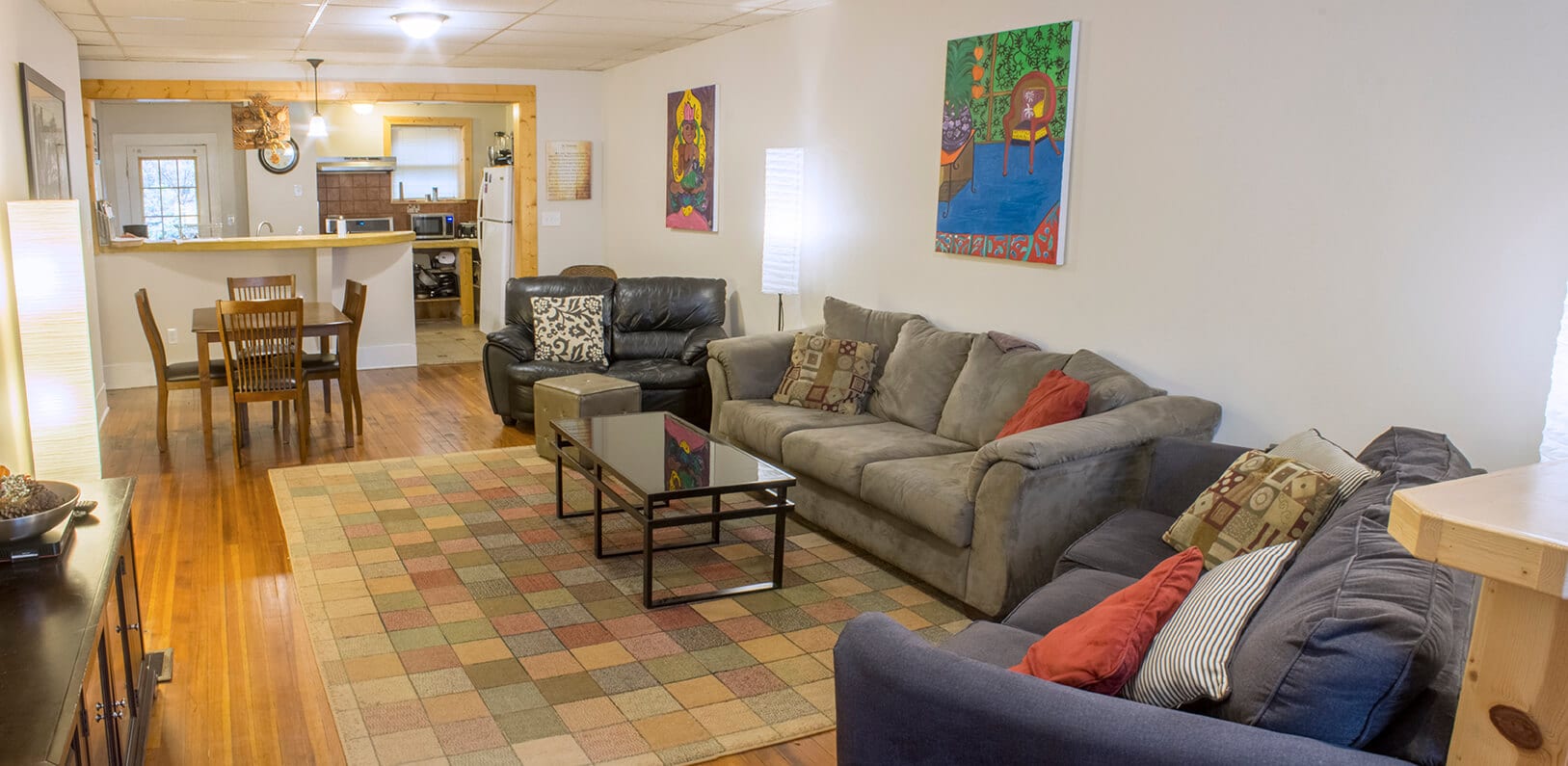Recovery houses are also more commonly known as halfway houses. Recovery homes help an individual recovering from drug and alcohol addiction overcome various barriers that may arise during their rehabilitation. Any addict that has experienced long-term abuse or dependence on drugs or alcohol will testify to the difficulty that the transition into sobriety can be for an addict. A recovery home is a supervised environment that offers an addict with the structure they need to conquer their addictions.
An individual or family looking for a halfway house might want to look into what a recovery house can do for them. Most recovery houses offer social, psychological or medical assistance to the individual struggling with addictions. Drug and alcohol rehab centers often have in-house physicians or therapists who are qualified to treat addictions. The cost of staying in a drug rehab center can be overwhelming and in some cases families have found it more cost effective to stay in a recovery house for a shorter period of time.
Recovery House are specifically designed to provide the addict with the psychological and physical benefits needed to recover from their addictions. Some recovery houses offer their clients a detoxification process in which they stay in a sober living situation under the supervision of trained doctors and nurses. They have access to on-site doctor and nurse services as well as medical equipment for detox. Recovery houses will also offer the client personalized support in the form of telephone calls, meals, exercise and counseling. The use of a structured environment helps addicts focus on the goal of sobriety. These houses will also have the added benefit of providing the client with the security of knowing that if they relapse they will not be victim to the peer pressure that usually causes relapse.
Recovery programs at a recovery house may include one on one counseling, group therapy, or one on one counseling with a staff of licensed professionals. Depending on the severity of the addict’s addiction and dependency, their needs may vary. A treatment program may include one on one counseling with a psychologist or psychiatrist as well as a group of other individuals who have been through the same exact experiences. They will be able to help the addict get through their darkest days and help them to realize that life will be alright once they are sober. Recovery programs also include the individual’s participation in group therapy. Recovery programs offer the addict an atmosphere where they can openly discuss their problems, ask questions and receive answers that will make their recovery much easier.
Treatment programs offered by a recovery house will take into consideration the addict’s preferences. There are a number of options in which a recovering addict can go to recovery. One option is residential treatment, which usually lasts six to twelve weeks. The addict will be placed in a facility such as a halfway house where they will live until they have recovered enough to return to their normal daily living situations. Residential treatment allows them to gradually go back to living normally while they work on their recovery.
Another option is inpatient treatment, which usually lasts for four to twelve weeks. When the addict attends inpatient rehabilitation, they will be under the supervision of a psychiatrist or psychologist. Some addicts will attend outpatient treatment at a general rehabilitation center, while others may require inpatient treatment at a residential sober living houses. Most of the time, patients who attend recovery programs and sober living houses do well and stay clean for many years.
Life is about making an impact, not making an income.
